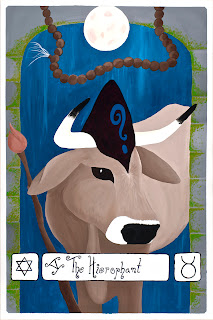con·fi·dence/ˈkänfidəns/
| Noun: |
|
I get told that I'm confident a lot and for a long time I would deny it. I would give all sorts of reasons why I wasn't - I had issues with anxiety, I felt full of doubt, I could worry like a pro.
I would spend a lot of time comparing myself to others who I did see as confident. I just didn't measure up. They would have an air about them, an unflappable strength which I didn't believe to be true of myself. Until I started thinking about how we define confidence versus what it really is.
A lot of people may initially come across as confident, but when observed over a length of time it comes to light that they actually lack confidence entirely. They may have a large ego or a sense of self importance, but these are not things to be confused with confidence.
Self confidence is an inherent belief in our ability. A better word for it may be faith. Confidence is having faith that you have strengths and skills which make you awesome and capable.
For example, the first day at a new job we may feel that we don't really know what we're doing. This isn't a lack of confidence but a lack of experience. If we are able to look back on our first day at any job we can see how we might have been a bit nervous or apprehensive - and rightly so. Any new experience is an unknown but our faith in our ability is where confidence comes into play.
When we are confident we know that it's not about whether or not we are capable of doing something proficiently right away - it's knowing we are capable of learning. Confidence is stepping into a situation we might not be comfortable with or prepared for, but knowing we have the tools to make it through.
A good example of this is stage fright. I love how people get told to 'not be nervous'. This is terrible advice! If you're doing a performance to an audience, even a small audience, it can and will be nerve wracking. This is O.K. It's totally normal. In fact, people who don't get nervous in spotlight situations are a minority.
But that doesn't mean everyone who gets stage fright lacks confidence. It's because of confidence that they are able to take the stage and give it their best.
I now embrace the fact that I'm a confident person. I may get upset, worried, anxious and nervous sometimes but because I believe in myself I know I will be O.K. - and that is what being confident is all about.
I want to help you find your confidence.





